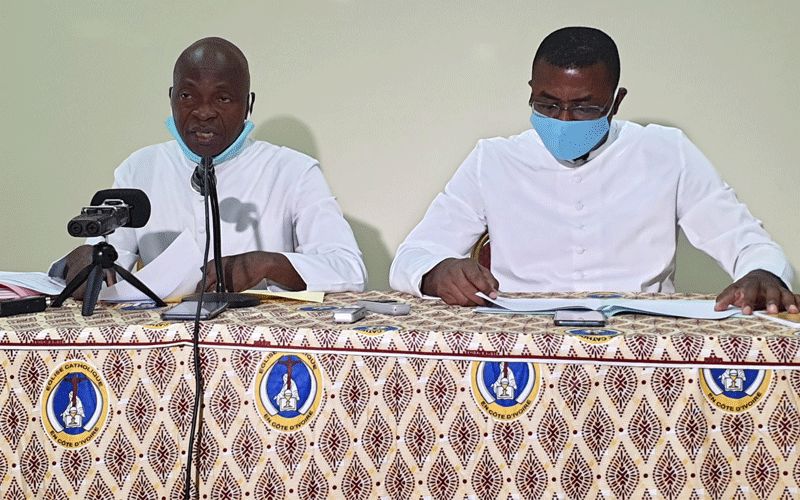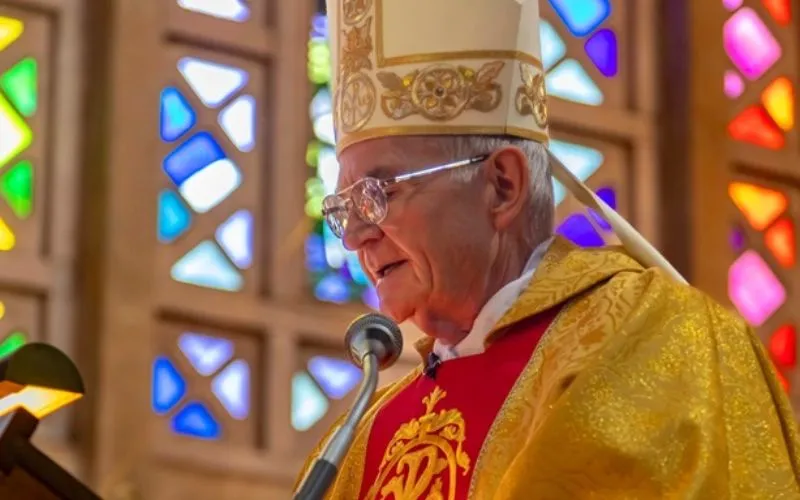Abidjan, 25 July, 2020 / 11:00 pm (ACI Africa).
Catholic Bishops in Ivory Coast have, in their Pastoral Letter, highlighted the conditions necessary for achieving reconciliation, justice and peace in the West African nation amid rising political tensions ahead of the presidential election scheduled for October 2020.
“Reconciliation must be inclusive and participatory in the sense that it must not exclude any antagonism," members of the Episcopal Conference of Ivory Coast (CECCI) have written in the 79-page document, which was presented to journalists Tuesday, 21 July.
Reconciliation, the Bishops continue, “must be accompanied by courageous and honest acts: meeting the protagonists of the crisis, listening to each other, rebuilding a common history, accepting the painful past, taking into account the sufferings of each and every one, accepting the motivations, reasons and causes of the crisis.”
According to the Bishops, “promoting a just order, respecting the principle of subsidiarity and fighting corruption" are three necessary conditions for achieving justice in the West African country.
“In recent years, government authorities of all ideological tendencies in our country have always tried to manipulate justice according to their interests,” the Bishops bemoan in their collective document titled, "The Church in Ivory Coast at the service of reconciliation, justice and peace."








